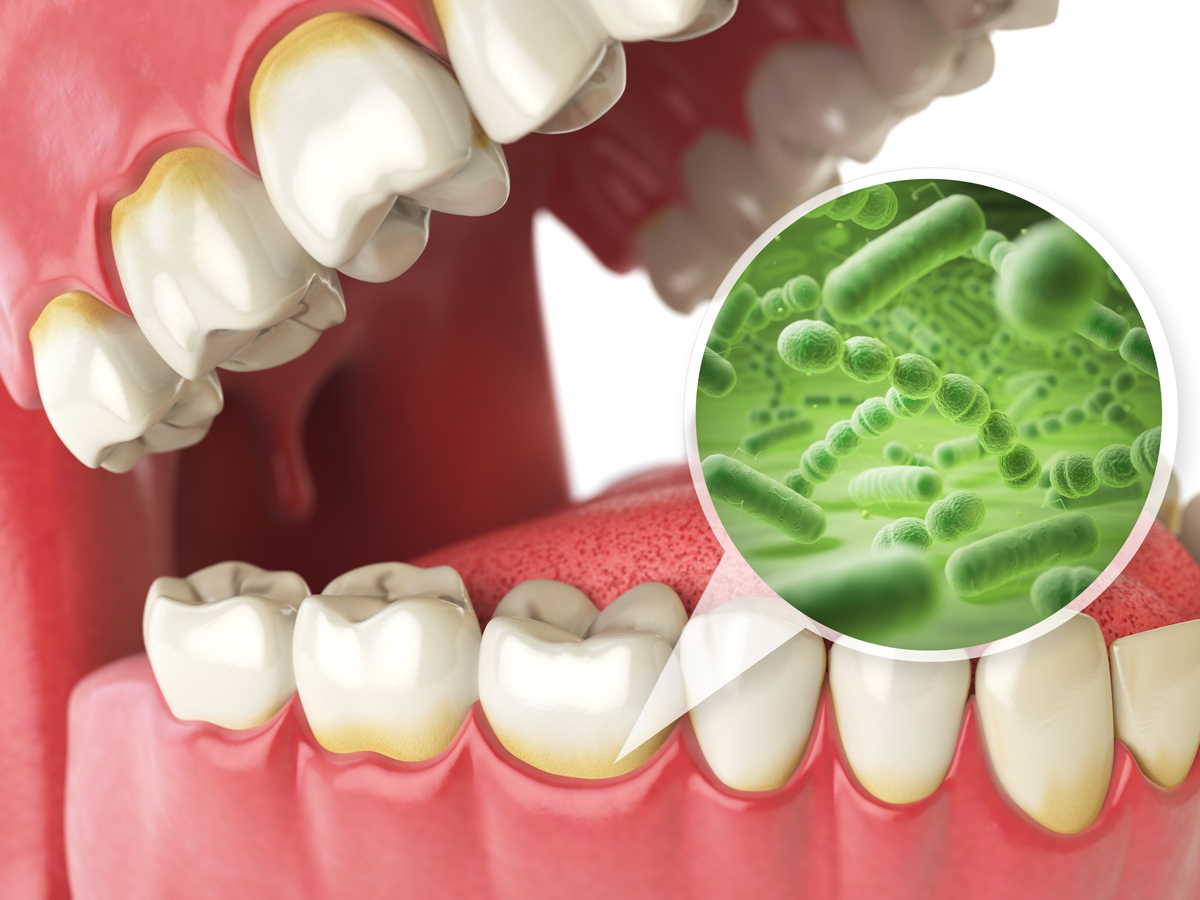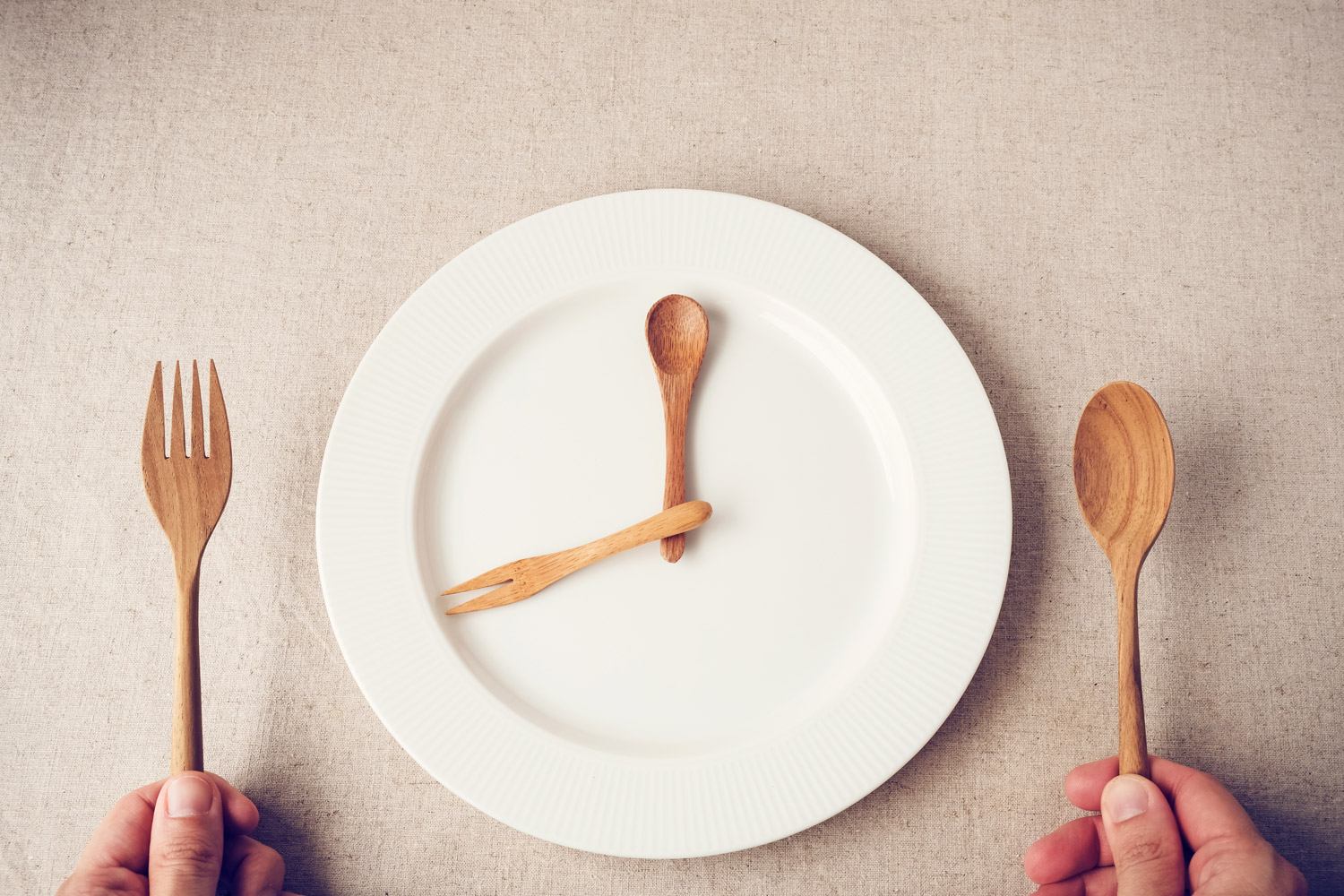Has there ever been a more confusing time to make dietary choices, with new and conflicting advice issued on an almost daily basis. Should we become paleo or vegan? Or perhaps we should do the 5:2, intermittent fasting, or time restricted eating. Does red meat give us cancer or doesn’t it? Should we count calories or practice caloric restriction? Which is better – butter or margarine? How can we find out exactly which foods we should be eating and which avoiding, to support our health?
Fortunately we can follow a science based approach and focus on our gut microbiome, the collection of bacteria that live in our gut, and today one of the most heavily studied fields in the life sciences. Good mental and physical health begins in the gut, and is dependent on our own unique gut bacteria. What happens in the gut doesn’t stay in the gut, and affects us beyond digestive issues. Our bacteria can influence our:
brain function
weight
moods and mental health
sleep
immune system
fertility
athleticism
skin
longevity
If we want to improve our digestion, and every aspect of our health and well-being, the place to start is to look inside. Most people think of our gut as a simple tube that processes our food. Actually our gut possesses a highly complex nervous system that communicates directly with the central nervous system. In fact there are 400 times more messages going “up” at any given moment than there are going “down”. The gut truly deserves it’s name as the second brain as even the brain microbiome (yes, we do have one) derives from the gut microbiome, as bacteria are carried up by immune system cells. This process is called the gut brain axis. Ninety per cent of neurotransmitters, the chemical messengers that govern our mood, are made in the gut. So our ability to think, feel, sleep, and our ability to cope with stress, is dependent on our own unique bacterial composition. Emerging science gives us psychobiotics, probiotics that directly influence the production of neurotransmitters, which might be the antidepressants of the future as they can produce serotonin and GABA. Good mental and physical health begins in the gut.
How can we influence this process for our health? Nutrition is the first step as it is the single most important intervention. However it is a double edged sword as out diet can also be a greatest source of inflammation. Our diet directly influences, for good or bad, the types of bacteria that live in our gut. Poor quality fats and high sugar and starches directly affect our bacteria, so junk foods can make us mentally as well as physically less healthy.
“You are what you you eat” is a phrase that always rings true. Sensible dietary advice – eat real food, not processed, and eat a wide variety, especially of vegetables. Try to eat organic foods as chemically treated foods are not as friendly to our bacteria. Also try to avoid gluten as it can damage the intestinal wall. Eat plenty of prebiotics, the foods that feed our bacteria. Good sources are:
Jerusalem artichokes
onions, garlic, leeks
oats
asparagus
bananas, best when unripe
apples
flaxseeds, nuts, and seeds
In practice we can test your composition of bacteria. I can then develop a tailored nutrition plan that is right for you, as well as suggesting specialised probiotics. In the meantime you can nurture your microbiome by eating traditionally fermented foods – full fat organic yoghurt, kefir, sauerkraut, kombucha, miso, and kimchi boost our bacteria. Our modern lifestyles have reduced the diversity of species that live in our gut, but there is growing evidence that eating these fermented foods can help.
Finally, lack of sleep and chronic stress can damage our bacteria. So healthy lifestyle is important. Not enough good bacteria, or too many harmful species, can lead to chronic inflammation as well as digestive disturbances.
Every day we are learning more about our bacterial friends. I look forward to what will be discovered next.



This Post Has 0 Comments